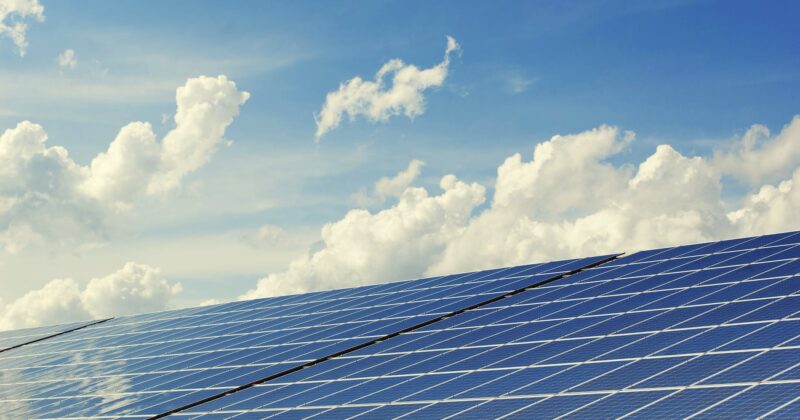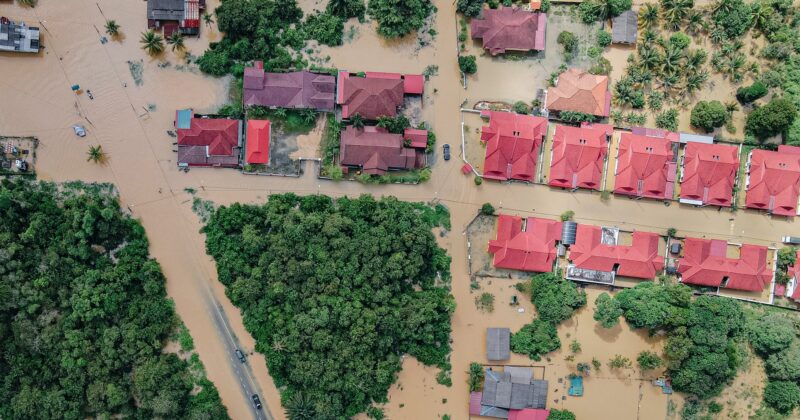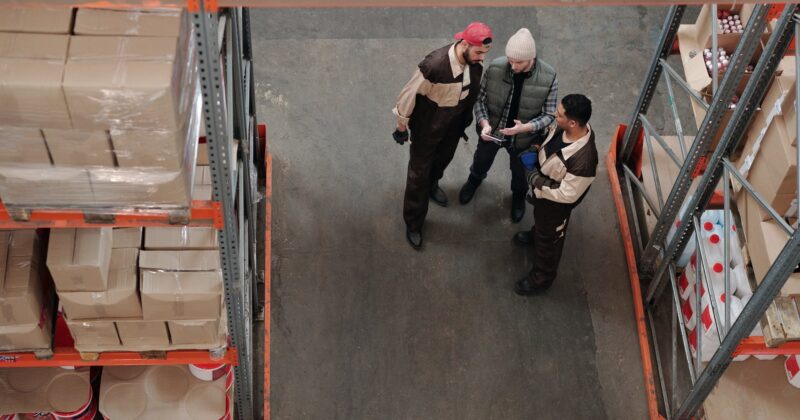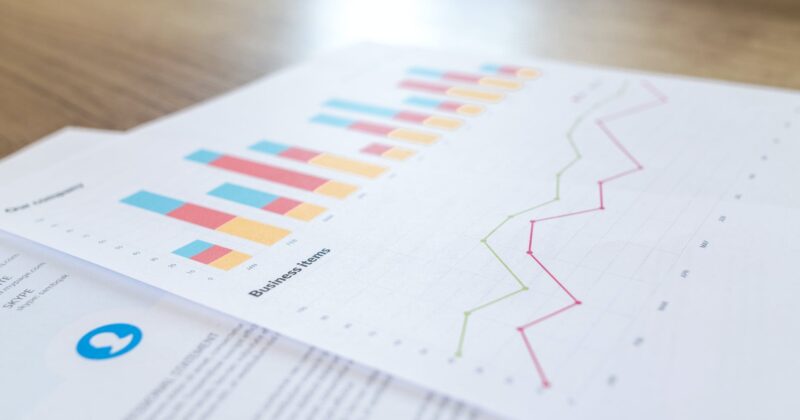While the problem can sometimes seem overwhelming, we can turn things around — but we must move beyond climate talk to climate action.
Climate change is a complex issue. Due to its nature as a long-term and seemingly disconnected problems, it is abstract and difficult to tackle. However, the facts are in; Central Iowa is warming, storms are intensifying, and the winds are shifting. Our disasters are becoming more widespread and more common.
Communities and organizations in Central Iowa and around the world are seeking pathways to adapt and mitigate to these changes and increase community resilience. There is no cookie-cutter problem or solution; rather, needs and actions must be based on localized issues, needs, and capacity.
The Central Iowa Climate Toolbox was created with the intent of connecting decision-makers, professional staff, and the general public directly to diverse sources of information they may need as communities and organizations take action on climate issues.
In an effort to assist in all levels of climate action planning (CAP) these resources are organized by the following topics based on current CAP best practices.
Some of the process and content will inevitably be new as these subjects continue to unfold, to aid with this MPO staff will be available to help communities familiarize themselves with the platforms and information below.
If you would like assistance navigating, if what you need is not found here, or if you have a tool you’d like to add to the box, please be sure to reach out to Allison van Pelt.
Now, let’s get started.








